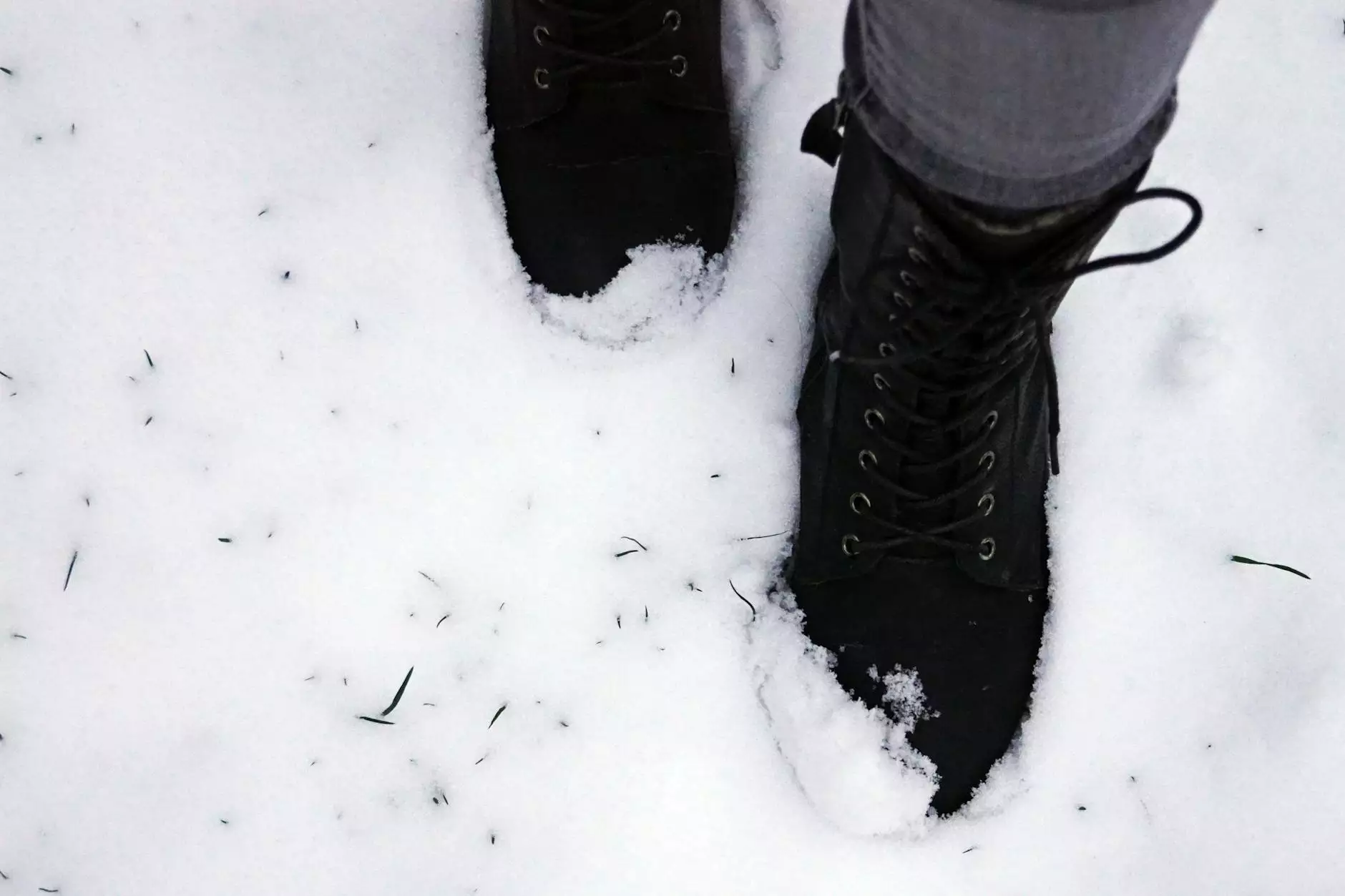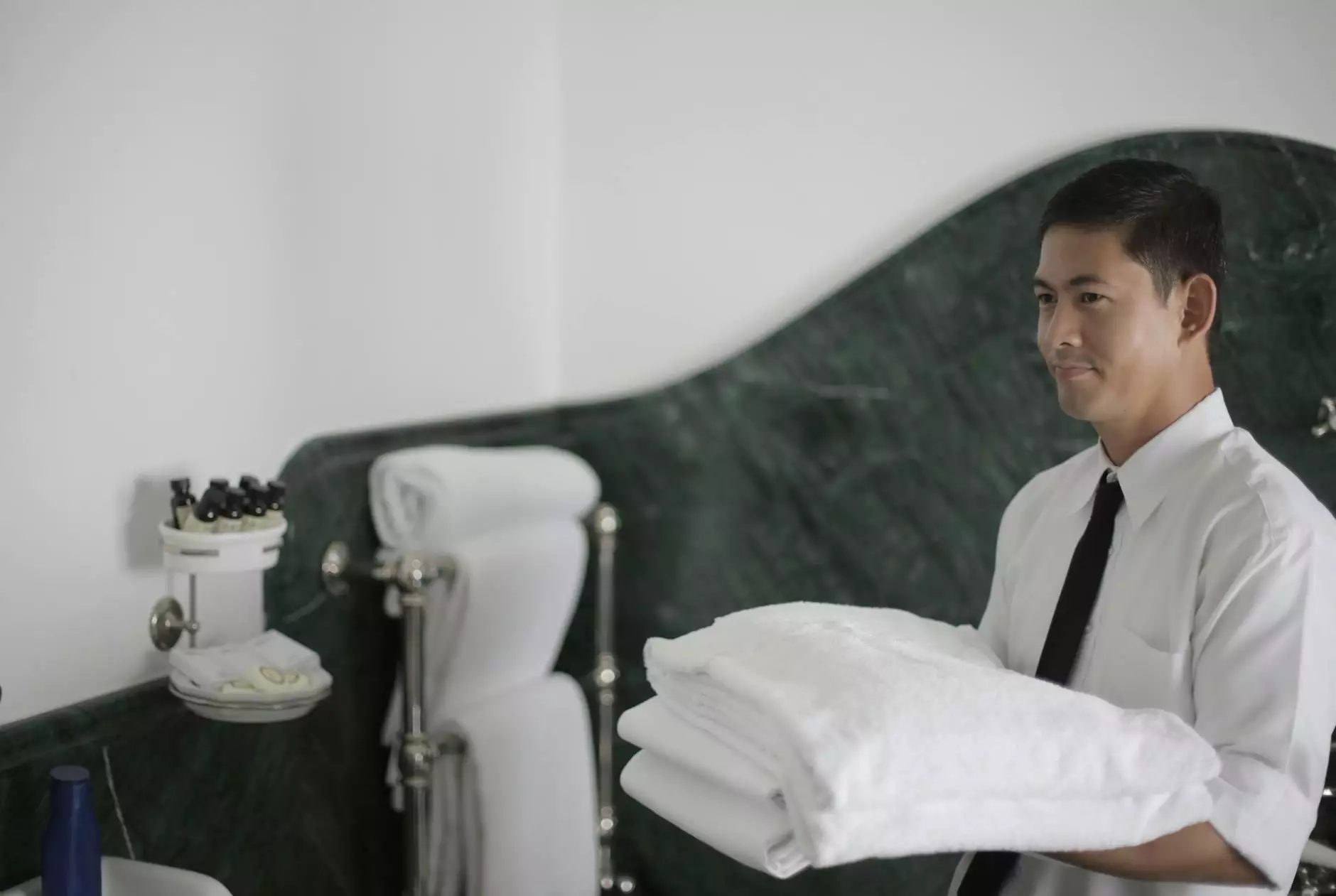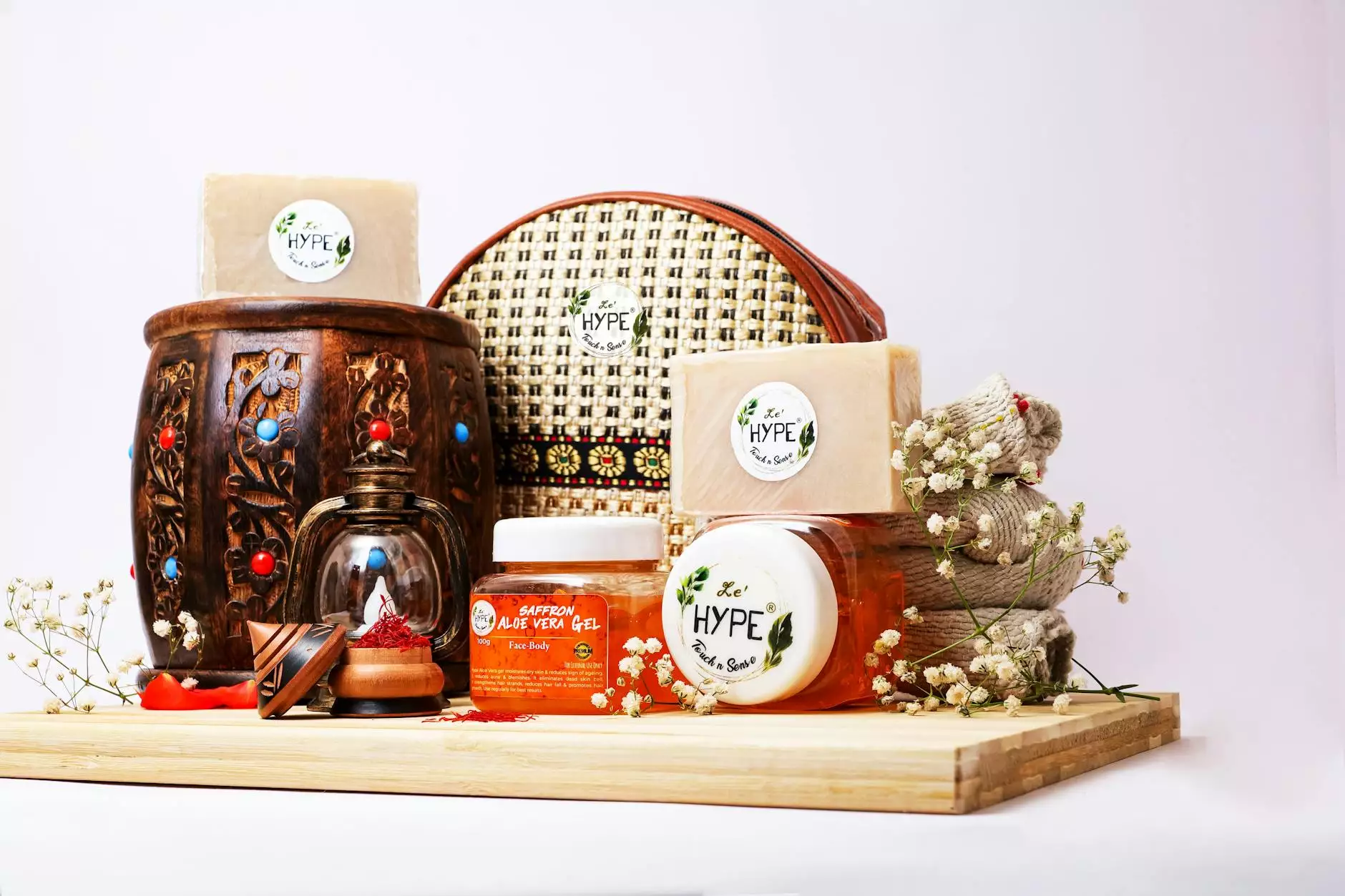Virginia Basement Waterproofing: A Comprehensive Guide to Protecting Your Home

In the heart of Virginia, the beauty of our homes can often be compromised by unseen dangers lurking beneath the surface: water damage. Homeowners in Virginia must recognize the importance of basement waterproofing, as it not only protects your investment but also assures a safe living environment. In this in-depth article, we'll uncover the essentials of Virginia basement waterproofing, exploring its benefits, methods, and how to choose the right professional services.
Why Basement Waterproofing is Essential for Virginia Homes
The humid subtropical climate of Virginia creates the perfect conditions for moisture accumulation in basements. Factors such as high rainfall, melting snow, and even groundwater levels contribute to the risk of flooding and water seepage. Here are some compelling reasons why waterproofing your basement should be a priority:
- Prevent Structural Damage: Water infiltration can weaken the foundation, leading to cracks and significant structural issues over time.
- Improve Air Quality: Damp basements create an environment conducive to mold and mildew, which can negatively affect your indoor air quality and lead to health issues.
- Increase Property Value: A waterproofed basement adds value to your property and can be a strong selling point for potential buyers.
- Enhance Usable Space: A dry and secure basement can be transformed into recreational rooms, home offices, or additional storage space.
Understanding Basement Waterproofing Techniques
Not all basements are created equal, and neither are waterproofing solutions. Homeowners should be aware of a variety of techniques available to ensure effective protection against water damage.
1. Interior Waterproofing Systems
This method involves installing drainage systems within the basement to effectively manage and divert water. Key components include:
- French Drains: A trench is dug around the basement's perimeter and filled with gravel, allowing water to flow into perforated pipes and away from the foundation.
- Sump Pumps: A sump pit is installed to collect water coming from the French drain, automatically pumping excess water outside the home.
- Vapor Barriers: These polyethylene sheets are placed on the walls and floors to prevent moisture from penetrating the basement.
2. Exterior Waterproofing Solutions
Exterior waterproofing is a proactive approach that involves protecting the outside of your home's foundation. This could include:
- Excavation: The soil around the foundation is excavated to apply waterproof coatings or membranes directly onto the foundation walls.
- Drainage Systems: Installation of exterior French drains and proper grading of the landscaping can divert water away from the home.
- Waterproof Coatings: Special coatings may be applied to exterior walls to repel water and prevent it from penetrating the foundation.
Choosing the Right Virginia Basement Waterproofing Contractor
When it comes to contractors for Virginia basement waterproofing, making the right choice is crucial. Here are some tips to ensure you select a reputable and experienced service provider:
1. Look for Licenses and Insurance
Ensure that the contractor is licensed to operate in Virginia and carries adequate insurance, including liability coverage and workers’ compensation. This protects you from any potential liability in case of accidents during the project.
2. Read Reviews and Get Recommendations
Word of mouth can be powerful. Ask friends and family for recommendations, and check online reviews. Websites like Yelp and Google My Business offer valuable insights into customer satisfaction.
3. Request Detailed Estimates
Obtain written estimates from multiple contractors to compare costs and services. Ensure that the estimates break down the scope of work, pricing, and any warranties offered.
4. Ask About Experience and Specialization
Inquire about the contractor's experience with basement waterproofing specifically. A specialist will have a wealth of knowledge about what systems work best for Virginia climates.
The Costs Involved in Basement Waterproofing
Understanding the financial commitment is essential when considering Virginia basement waterproofing. While prices can vary widely based on factors such as the size of the basement, the methods used, and the severity of the moisture issues, here are some average costs:
- Interior Systems: Typically range from $1,500 to $3,000, depending on the complexity of the installation.
- Exterior Systems: These can be more expensive, often ranging from $3,000 to $10,000 due to the required excavation and waterproofing materials.
- Sump Pumps: Installing a sump pump will generally cost between $800 and $1,500.
- Annual Maintenance: Regular maintenance to ensure your waterproofing systems are functioning effectively may cost around $200 to $500.
Signs Your Basement Needs Waterproofing
As a homeowner, it is essential to be vigilant about potential warning signs that your basement may need waterproofing:
- Water Stains: Look for dark patches or stains on walls and floors, indicating water penetration.
- Mold or Mildew: A musty smell or visible mold growth is a clear sign of excess moisture.
- Cracks in Walls or Floors: Any structural cracks can allow water to seep in and should be assessed.
- Increased Humidity: Persistent humidity levels above 60% can be a warning signal for water issues in your basement.
Preparing for a Waterproofing Project
Preparation can ensure a smoother waterproofing process. Here are steps to take before the contractor arrives:
- Clear the Area: Remove any furniture, stored items, and appliances from the basement to provide clear access for the contractor.
- Check Your Drainage: Ensure that gutters and downspouts are clean and directing water away from the foundation.
- Address Surface Cracks: If there are apparent cracks, consider addressing them prior to the waterproofing project, as they may need to be repaired first.
Maintaining Your Waterproofed Basement
Once you've invested in waterproofing your basement, maintenance is essential to keep it functioning effectively. Here are some tips:
- Regular Inspections: Schedule an inspection annually to check for potential issues.
- Monitor Humidity Levels: Consider using a dehumidifier to maintain optimal humidity levels.
- Maintain Pump Operations: Regularly check your sump pump to ensure it’s working correctly, especially before heavy rain seasons.
Conclusion
In summary, Virginia basement waterproofing is a crucial investment for homeowners looking to protect their properties from the devastating consequences of water damage. Whether you choose interior or exterior waterproofing methods, understanding the process and selecting the right contractor will ensure the long-term durability and safety of your home. Prioritize this essential home maintenance task today to enjoy peace of mind and protect your valuable investment for years to come. Trust professionals like dmvwp.com for thorough and reliable services in Virginia.









